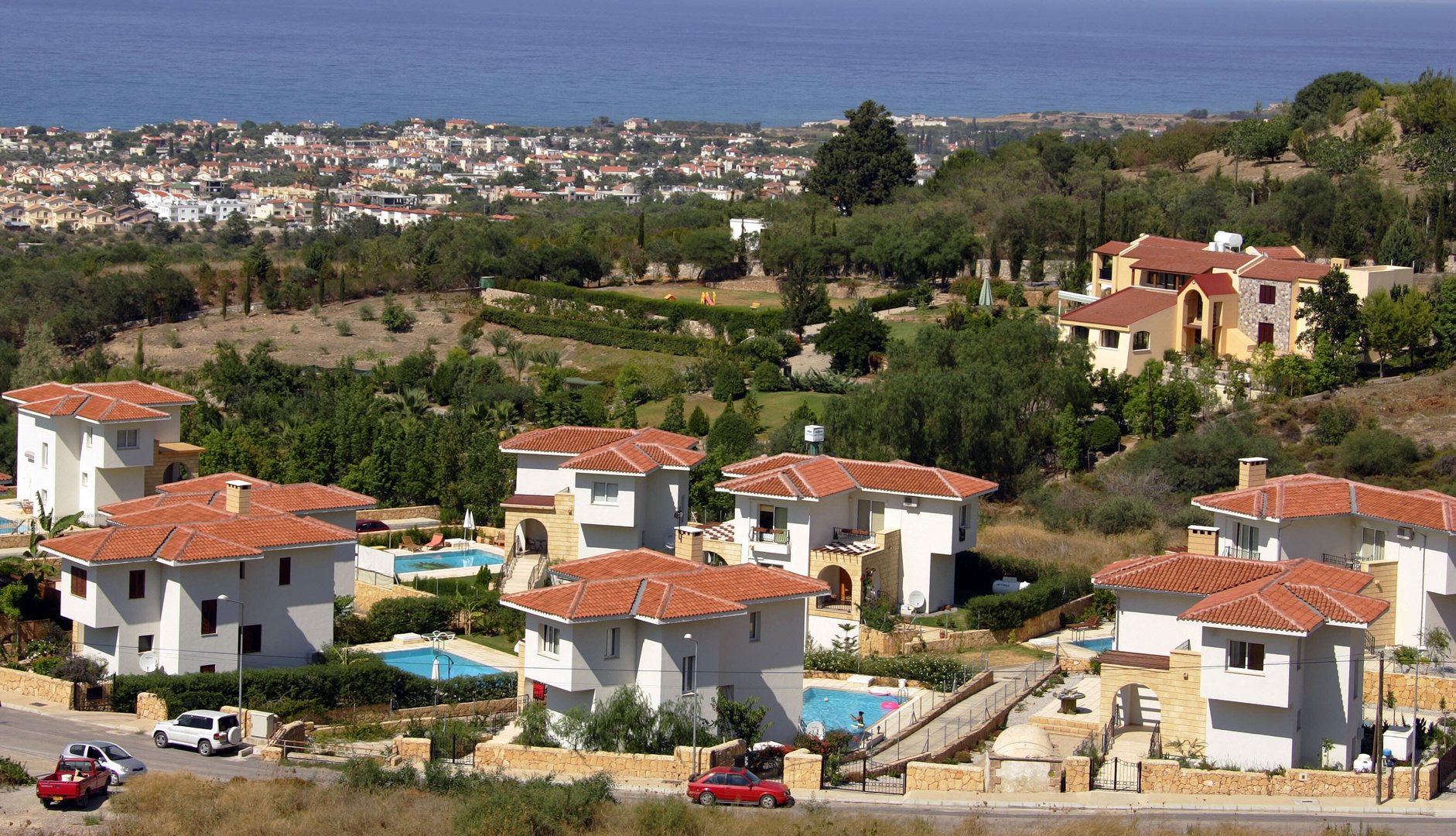Cyprus has strongly condemned Turkey’s ongoing exploitation of Greek Cypriot properties in the north, accusing Ankara of persistent violations of international law and deliberate obstruction of efforts to reach a comprehensive settlement on the Cyprus issue, reports said on Sunday.
In a formal letter addressed to the President of the UN Security Council dated June 20, 2025, Cyprus’ Permanent Representative to the United Nations, Ambassador Maria Michael, outlined what she described as Turkey’s systematic policy of illegally selling and using Greek Cypriot properties on an “industrial scale.”
Ambassador Michael’s letter came in direct response to a missive circulated by Turkey’s Permanent Representative on June 10, which Cyprus categorically rebutted.
She recalled that since the 1974 Turkish invasion, Greek Cypriots have been denied access to their properties in the occupied areas of the Republic of Cyprus. This violation, she said, had been clearly recognised in rulings by the European Court of Human Rights (ECHR), specifically in the landmark Cyprus v. Turkey cases of 2001 and 2014. “Turkey to date has failed to comply with the judgment,” she added.
Michael accused Turkey of pursuing an aggressive policy aimed at entrenching its claims to a separate state in northern Cyprus through the unlawful use of private property. “Such policies are in direct contravention of the principles of the inalienability of the sovereignty and territorial integrity of the Republic of Cyprus,” she said.
The ambassador also highlighted the absence of meaningful peace talks in recent years, which has left many Greek Cypriot property owners with no choice but to pursue legal action. She noted that unauthorised exploitation of property constitutes a criminal offence under the Cypriot Penal Code.
“Police authorities, in line with their duty to uphold the law, may conduct criminal investigations upon receipt of a formal complaint,” she said. “These are fundamental principles for which no derogation can be made or be asked for.”
Michael went on to denounce Turkey’s narrative, stating: “It is inconceivable that the perpetrator of criminal acts attempts to project itself as the victim of its own illegal actions—while simultaneously seeking to perpetuate these actions for continued unlawful gain.”
Cyprus reiterated its call for Turkey to comply with its obligations under the UN Charter and international humanitarian law, noting that as an occupying power, Ankara remains bound by international norms.
“The end of illegal exploitation of private property is essential to building the confidence necessary for a successful process towards a just and lasting settlement in line with UN Security Council resolutions,” the letter concluded.
Cyprus further urged the UN to “reject, as required by its role, the calls for sidelining lawfulness in order for the criminality to continue its well-designed plan.”






Click here to change your cookie preferences